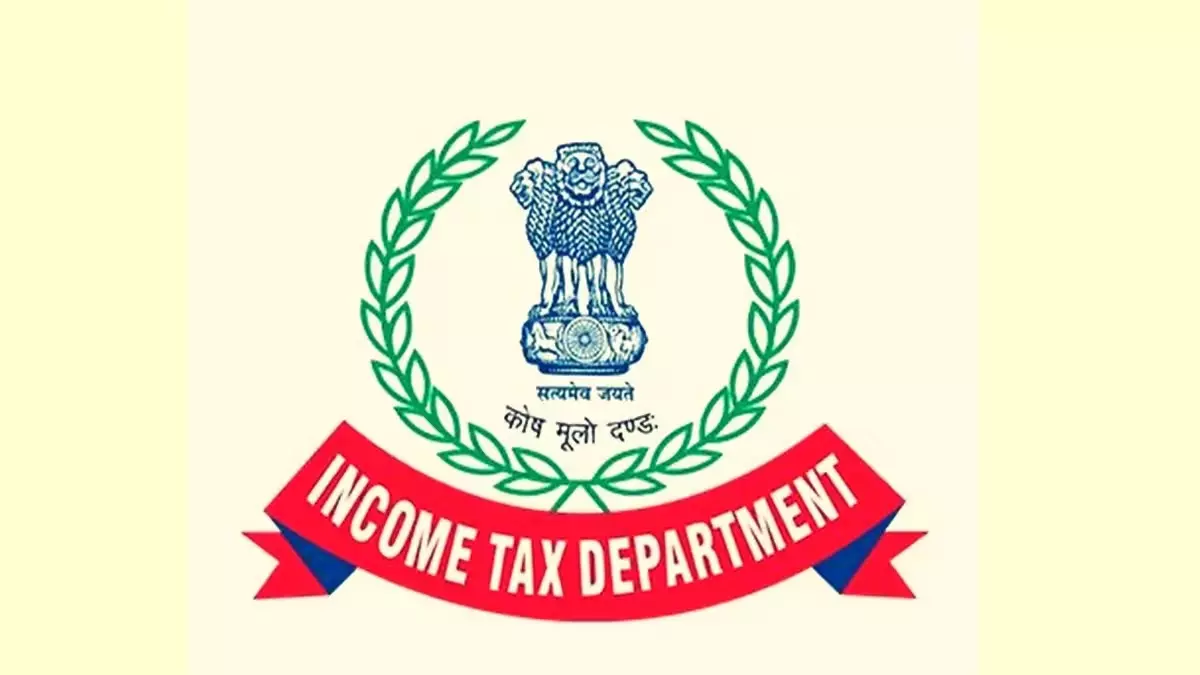What happens if I do not file IT returns?
Filing Income Tax Returns (ITR) is a vital responsibility for every compliant citizen. It offers numerous benefits and serves several essential purposes, including
image for illustrative purpose

Filing Income Tax Returns (ITR) is a vital responsibility for every compliant citizen. It offers numerous benefits and serves several essential purposes, including
Avoiding Penalties: Under section 234F, heavy fines are imposed on individuals who do not file and pay their taxes. Missing ITR deadlines can result in significant penalties, which is a substantial burden for an average person.
Obtaining Loans: When applying for a home loan, car loan, or even for medical treatment, banks require ITR documents for the previous three years. These documents are essential for loan approval.
Vital Documentation: ITRs are detailed documents that provide a comprehensive account of an individual's income from various sources. They serve as proof of accumulated income over the years, making them more detailed than Form 16.
Visa Applications: Embassies of countries like the UK, US, Canada, and Australia often require ITR receipts from the previous year to process visa applications. This assures them of the applicant's financial capability.
Carrying Forward Losses: Without filing an ITR, losses from one financial year cannot be carried forward to the next. Filing returns allows taxpayers to claim losses in subsequent years, which can be beneficial in managing tax liabilities.
Claiming Tax Refunds: Taxpayers who have paid more than their tax liability can claim a refund by filing an ITR. This process is common and beneficial for many taxpayers each year.
Tax Clearance Certificates: For high-value or foreign transactions, a tax clearance certificate under Section 281 is required. Regular ITR filing is necessary to obtain this certificate.
Eligibility for Government Tenders: To undertake government projects through tender filing, ITRs from the last few years are crucial. Regular ITR filing makes one eligible for such tenders.
Checking if ITR is Filed
To check if you have filed your ITR for previous years, follow these steps:
Visit the official ITR website.
Log in with your PAN Number and Password.
Navigate to: E-file > Income Tax Return > View Filed Return.
This will display all the Income Tax Returns filed in the Income Tax Portal.
Consequences of Not Filing ITR
For Salaried Individuals
If filed after 31st July, the late fee is ₹5,000. If the annual income is below ₹5 lakhs, the penalty is ₹1,000.
For Self-Employed Individuals
The same rules apply: ₹10,000 for late payment, reduced to ₹5,000 if filed after 31st August but before 31st December. For incomes below ₹5 lakhs, the fine is ₹1,000.
For Companies
The penalty is ₹10,000, or ₹1,000 if the income is less than ₹5 lakhs.
For Senior Citizens
A late fine of ₹10,000 applies, reduced to ₹1,000 for incomes below ₹5 lakhs.
Charges and Penalties
Filing ITR after the deadline incurs a late fee of ₹5,000 under Section 234F, reduced to ₹1,000 for incomes below ₹5 lakhs.
Willful failure to file ITR can result in imprisonment from 3 months to 2 years, extendable to 7 years for large tax amounts.
Interest at 1% per month on unpaid tax is levied under Section 234A.
Losses from various sources cannot be carried forward if ITR is filed late.
The deadline for belated returns is 31st December of the assessment year.
Filing ITR for Previous Years
If ITR is not filed for previous years, you can file it later by applying for Condonation of Delay on the IT Department's online portal. However, ITR can only be filed for the two preceding years. For example, for FY 2021-22 and FY 2022-23, the deadline is 31st March 2024. A fine of ₹5,000 applies for missing the 31st July deadline of the current financial year, but genuine reasons may exempt you from the fine.
Penalties for Late Filing
For the assessment year 2023-24, the penalty for late filing after the deadline but before 31st December is ₹5,000.
In conclusion, failing to file an income tax return can result in significant penalties and consequences. It is crucial for all individuals and businesses to promptly fulfill their tax obligations to avoid any legal and financial repercussions.

